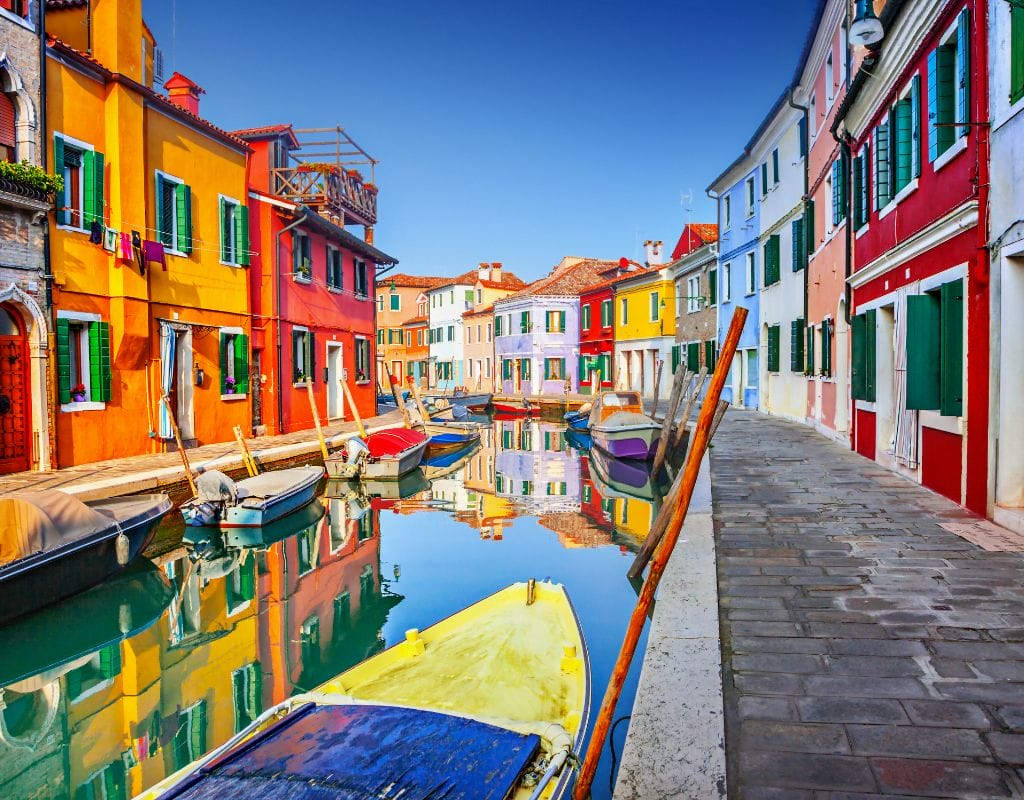Understanding Italy from an American Perspective
Italy, renowned for its rich history, cultural heritage, and culinary delights, offers a distinctive experience for American travelers. As an Italian expert familiar with American culture, I provide insights into ItaItaly’sique customs and social norms. Knowing these cultural nuances will greatly enhance your visit and foster connections with locals.
Greeting Rituals and Communication
In Italy, greetings are warm and often accompanied by a kiss on both cheeks among friends and family. For formal settings or new acquaintances, a firm handshake suffices. Italians are known for their animated conversations, often involving gestures and expressions. Unlike the reserved American style, Italians communicate more passionate and expressive.
Cultural Insight: Address people with titles like “Si”nore” (“r.) or “Si”nora” (“rs.) and their surname, particularly in formal situations.
Food & Drink
Italian cuisine is celebrated worldwide, featuring dishes such as “Pa”ta,” “”i”za,” “”I” otto,” a”d “Ge”ato.” U” like the fast-paced dining culture in the U.S., Italians view meals as a time to relax and socialize. Courses are served in a specific order, and it’it’smmon to savor each dish slowly.
Regional Insight: In Rome, try “Ca”bonara” o” “Ca” io e Pepe. ” In Naples, sampling authentic Neapolitan pizza is a must.
Dress Sense and Attire
Italians are known for their keen sense of fashion and dress elegantly, even casually. In contrast to the more laid-back dress code in the U.S., Italians prefer well-fitted, stylish attire. When visiting churches or religious sites, modest clothing is expected.
Travel Tip: Avoid overly casual outfits, especially when dining out or attending social events—Italians value a chic appearance.
Italian Punctuality
Time is more relaxed in Italy than in the U.S. While punctuality is appreciated, especially in business, social settings have a certain flexibility. It’It’smmon for gatherings to start later than planned, reflecting the laid-back Italian approach to life.
Tip: Arriving a few minutes late for a social engagement is generally acceptable, but try to be on time for professional meetings.
Public Conduct and Etiquette
Italians are sociable and enjoy engaging with both locals and tourists. Public behavior is generally lively, with open conversations and frequent hand gestures. Compared to the reserved American public conduct, Italians are more expressive and open.
Cultural Difference: Italians may stand closer during conversations than Americans are used to, reflecting warmth and friendliness rather than intrusiveness.
Business Decorum
Italian business culture values personal relationships and trust. Initial meetings often involve casual conversation and building rapport before discussing business matters. Unlike the direct, efficiency-focused approach in U.S. business settings, Italians prefer establishing a personal connection first.
Business Tip: Be prepared for a flexible approach to time and expect meetings to run longer than anticipated, often with breaks for coffee.
Tipping Culture
Tipping in Italy is not as customary as in the USA service charge (coperto) is often included in restaurant bills, so additional tips are modest, around 5-10%. Leaving small changes or rounding up the bill is a late bill if service exceeds expectations.
Cultural Note: While tipping is appreciated, it is mandatory, and not leaving a tip isn’t as offensive.
Retail Etiquette and Negotiation
In Italy, fixed prices are standard in most shops, but open markets allow for some negotiation, particularly in tourist areas. Unlike in the US, where haggling is uncommon, it’s part of the experience in Italian markets.
Shopping Tip: Always approach negotiations with politeness and a smile, respecting the venvendor’ssiness.
Efficiency in Public Transport
Italy’s public transportation system, particularly in Rome, Milan, and Florence, includes a comprehensive network of buses, trams, and metros. Unlike the car-dependent culture in many U.S. cities, public transport is a popular and practical choice in Italy.
Travel Note: Purchase tickets in advance, validate them before boarding, and know that services may be less frequent in rural areas.
Exploring Tourist Sites
Italy is famous for its historical landmarks, such as the Colosseum, Vatican City, and the canals of Venice. Unlike more modernized tourist sites in the US, Italian sites often retain a deep sense of history and cultural authenticity.
Visitor Insight: Respect local customs and etiquette, particularly at religious or historical sites where modest dress and quiet behavior are expected.
Addressing Conflicts
Italians prefer resolving conflicts through calm and open discussion, favoring diplomacy and compromise. Unlike the direct confrontation style in some parts of the U.S., Italians value dialogue and understanding.
Cultural Difference: Maintaining composure and communicating clearly is key to resolving disputes amicably.
Regional Diversity
Italy is a country of rich regional diversity, with each area offering unique traditions, cuisine, and dialects. From the sophisticated culture of Milan to the historic charm of Florence and the Mediterranean lifestyle of the Amalfi Coast, each region provides a unique experience.
Regional Insight: Explore Tuscany for its rolling vineyards and Renaissance art or the southern region of Sicily for its unique cuisine and ancient ruins.
Visit our Italy Profile to discover all the essential information about culture and history and practical tips for your trip.
Prepare for your trip with our comprehensive Starter Kit—your go-to resource for travel essentials, from packing guides to local customs.


